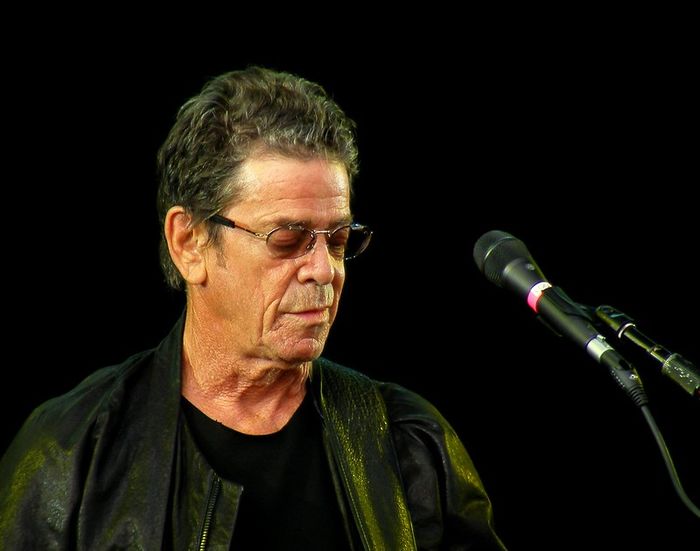When Cambridge put Bob Dylan on the curriculum
In 2017, the University ran a special course on Dylan’s lyrics that generated national news coverage

After exhaustive research (ie a few hours of Googling), it appears that Bob Dylan has never performed in Cambridge. More unfortunately, Dylan certainly has played at “the other place”, bringing his Rough and Rowdy Ways Tour to The New Theatre Oxford only last year. Still, there is one piece of Dylanology that Cambridge can claim over Oxford. Beginning in 2017, Cambridge ran a special course on Dylan’s lyrics that generated national news coverage, the only irony being how little Dylan wishes to be studied or noticed at all.
The one thing that can certainly be said about Dylan is that nothing certain can be said about Dylan. Over the decades, he has taken many (often unintentionally funny) personas that seem to deliberately challenge the striking images of him in his 60s heyday. There’s his Victoria’s Secret advert complete with the obligatory cowboy hat, his born-again Christian phase and my personal favourite: his utterly confused expression while singing ‘We are the World’ (look it up on YouTube). Nevertheless, even Dylan’s strangest moments make sense from a man who tries to see life from every angle.
“Dylan’s relationship with literary studies is complicated”
Dylan’s relationship with literary studies is complicated. When awarded the Nobel prize for literature in 2016, he didn’t collect it. According to the rules of the prize committee, the recipient must deliver a lecture within six months of receiving the award. Dylan did deliver his lecture, exactly five days before the deadline. During the talk, Dylan explained that “songs are alive in the land of the living … unlike literature” because “they’re meant to be sung, not read”. His statement places me in the challenging position of contravening Dylan and stating that his lyrics are absolutely worth being read alongside the act of listening.
Dylan’s lyrics are littered with intricate references to literature and folk tradition, especially France’s favourite bad boy poet, Arthur Rimbaud. His influence appears in the “spinning reels of time” of ‘Mr. Tambourine Man’, which owe much of their surrealism and symbolism to Rimbaud poems like ‘The Drunken Boat’. The poet even gets a mention in one of Dylan’s most striking love songs, ‘You’re Gonna Make Me Lonesome When You Go’. Like Rimbaud, Dylan never sought attention for revolutionising language yet this is almost certainly why he has received it.
Dylan’s songs are more than the sum of their references because of how they are transformed in performance. No Dylan album is the same. For instance, death and ageing are central to 1997’s Time Out Of Mind due to Dylan’s increasingly weathered, cracked voice that won’t go gently into the night. His plaintive ballad ‘Sara’ works both as a poem and a performance. Each verse is a vignette of his very real marriage with Sara Lownds while remaining abstract enough to appeal to anyone who has been in love. For six minutes, the lonesome harmonica and tremble of Dylan’s voice take us through an entire relationship from marital nerves to regretting its breakdown and the creation of another of Dylan’s love songs, ‘Sad Eyed Lady of The Lowlands’. It’s a perfect union of word and voice, which is ultimately why Dylan is so hard to cover and write about.
Why bother studying Dylan then? Whether Dylan ascribes any meaning to his lyrics or not, we can find our own unique significations. After all, students did sign up for the Cambridge course and I will be citing Dylan as a source for my dissertation. Dylan, in both his seriousness and his smile, will always keep us chasing the wind for an answer.
 Comment / Cambridge is right to scrap its state school target1 May 2024
Comment / Cambridge is right to scrap its state school target1 May 2024 News / Academics call for Cambridge to drop investigation into ‘race realist’ fellow2 May 2024
News / Academics call for Cambridge to drop investigation into ‘race realist’ fellow2 May 2024 Sport / The diary of a Bumps rower24 April 2024
Sport / The diary of a Bumps rower24 April 2024 Features / Will May Balls ever be sustainable?30 April 2024
Features / Will May Balls ever be sustainable?30 April 2024 News / Emmanuel College cuts ties with ‘race-realist’ fellow19 April 2024
News / Emmanuel College cuts ties with ‘race-realist’ fellow19 April 2024





